222 years ago, specifically on the twenty-first of July 1798, and as soon because the raging battle between the Mamluks led by Murad Bey and Ibrahim Bey, and also the French armies led by General Bonaparte, ended with the defeat of the Mamelukes within the desert stretching between the town of Imbaba and also the pyramids, he stood Napoleon before of the nice Sphinx to announce his victory.
Some historians called this battle the battle of Imbaba, et al, called it the Battle of the Pyramids, especially since Murad Bey's army extended from the outskirts of the traditional city of Imbaba to the pyramids plateau west of the Nile, while Ibrahim Bey’s army stationed the people of the capital on the eastern shore of the Nile watching what It occurs within the West, in keeping with what was mentioned by the Egyptian historian Abd al-Rahman al-Jabarti, in his book Wonders of Archeology in Translations and News.
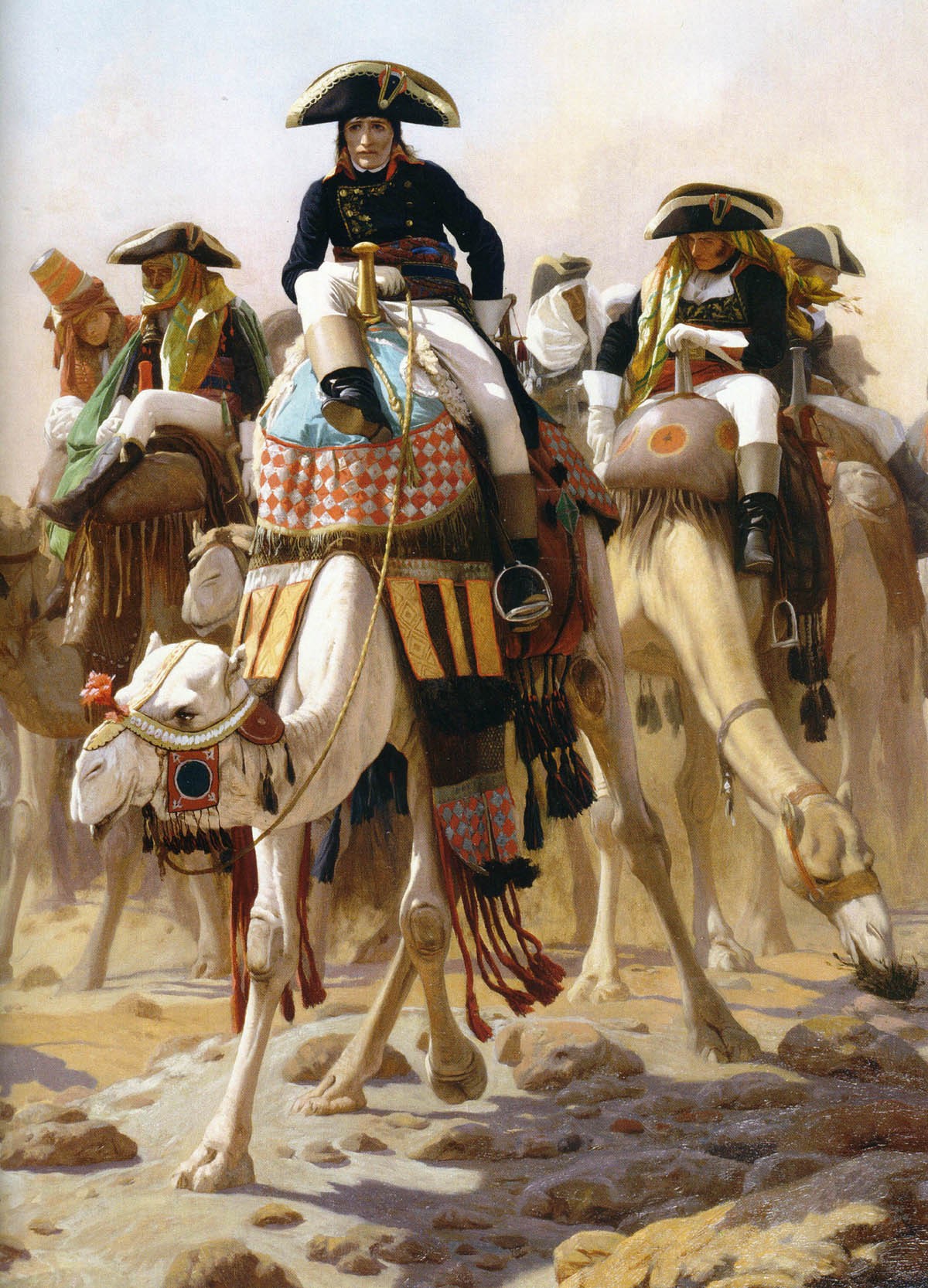
Napoleon Bonaparte and his army have often been accused of being the primary reason for the destruction of the Sphinx's nose, Rather, historical studies of some historians, headed by Dr. Muhammad Abdel-Karim Al-Wafi, who confirmed in his study titled "Methodology of Research in History and Historical Codification of the Arabs", that Napoleon's artillery was deformed and smashed with their shells within the Battle of the Al-Ahram or the Battle of Imbaba, the Nose of the Sphinx, while historian Ayman Abu El-Rous, in his book "Personalities that history doesn't forget: the Little Corporal ... the Emperor of France who swept Europe," says that the Sphinx was exposed to a stray French shell, which is What many historians reject, especially since they believe that this battle was fought within the Imbaba area in Cairo, which is found a bit removed from the pyramids area.
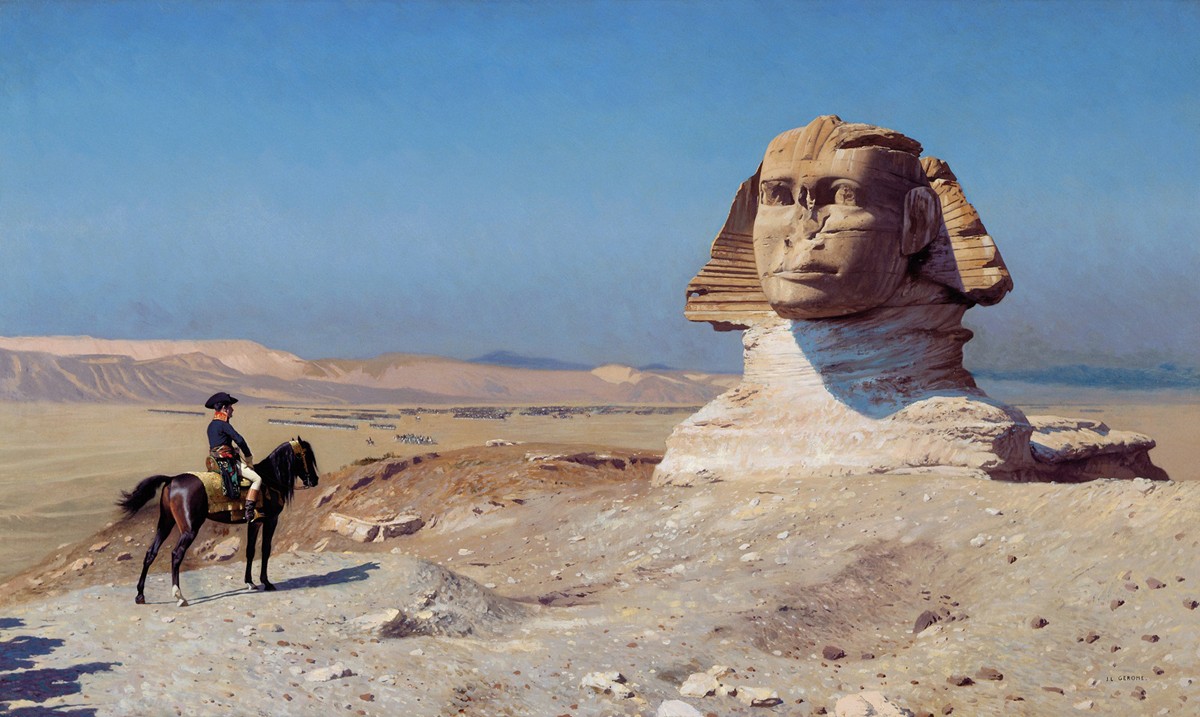
It is strange that the Egyptian historian Taqi al-Din al-Maqrizi, quite three and a half decades before the battle of the pyramids, mentioned in his writing “The Sermons and also the Consideration,” that the one who broke the nose of the Sphinx was called Muhammad a fasting time, a Fatimid and a fanatic Sufi, who believed that the monuments are idols that has got to be destroyed , Where he said a text: “In our time, someone referred to as Sheikh Muhammad, the fasting of your time, from a Sufi sentence, suffocating the righteousness of Sa`id al-Sa`ada, in about eighty and 7 hundred years, he changed things from evils and walked to the pyramids and distorted the face of Abu al-Hol and his shag, which he's on it to the current day”.
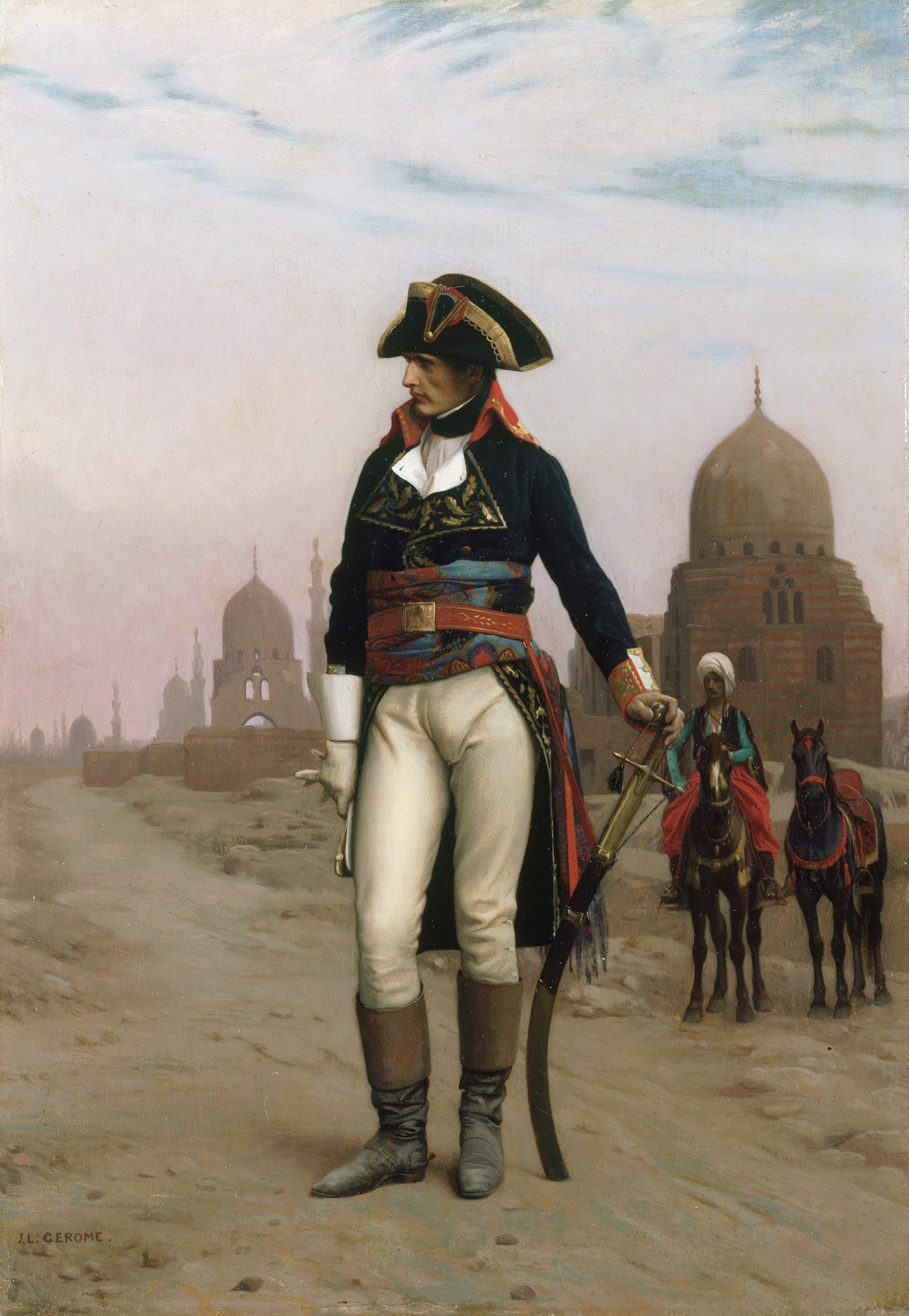
As for the battle of Imbaba itself, which is one in all the foremost prominent events that paved the way for Napoleon I to invade Egypt, despite the courage and bravado of the Mamluk soldiers and knights, they're only good at the skill of street wars, and it's the identical way they're wont to in their wars against one another, or In their battles against those that rebel against them from among the people, or from the soldiers of the Ottoman governor, and at the identical time they failed to know any of the methods of normal fighting, in order that they still depend on cavalry, and that they fight during a medieval manner, often lacking modern military tactics, and modern weapons like artillery, unlike The French army, which was distinguished by trained infantry and an oversized number of artillery pieces, additionally to an excellent military commander represented by the Little Corporal himself.
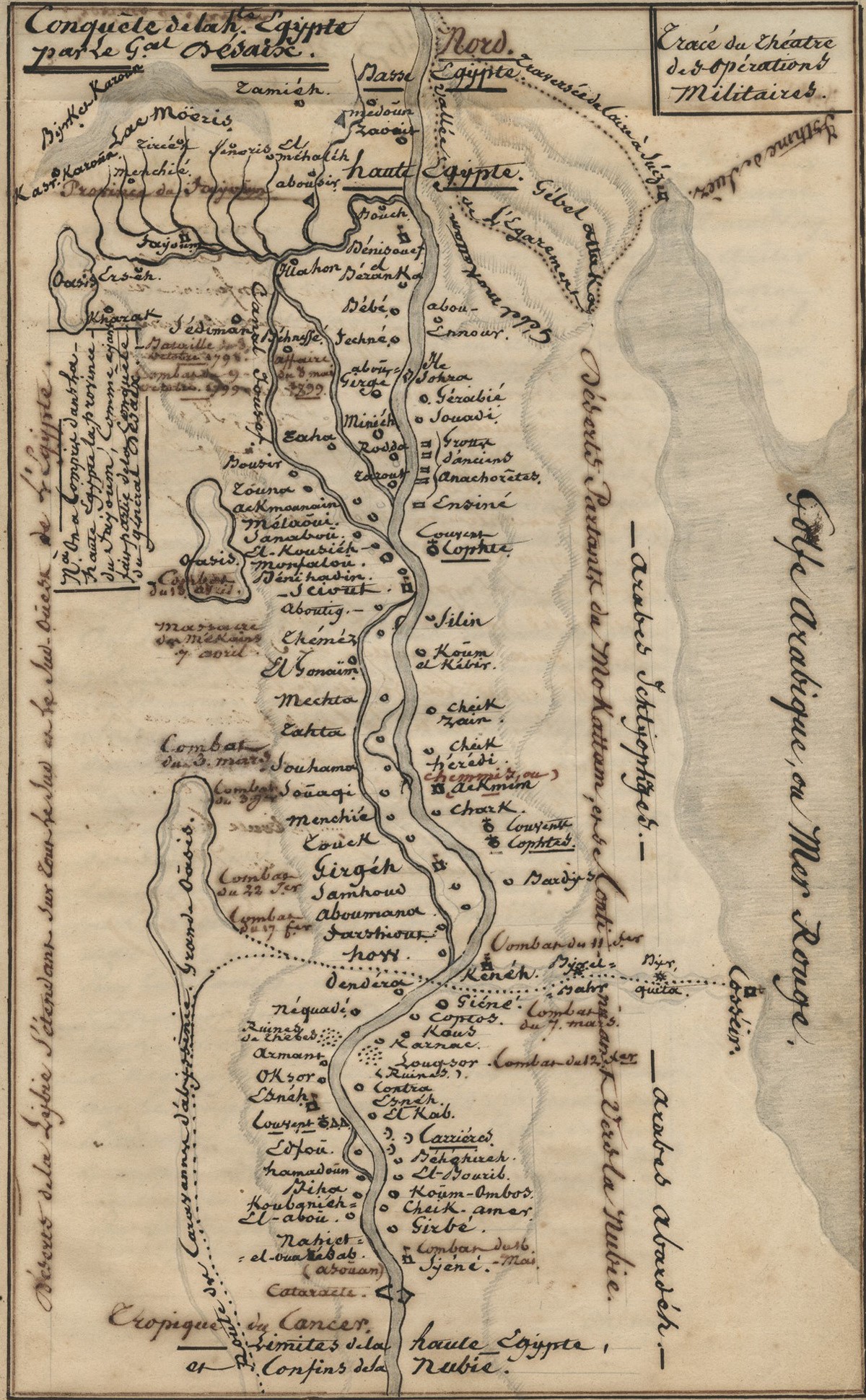
“The history of 40 centuries looks to you thru these pyramids” So Napoleon I declared in his soldiers a catalyst. On the morning of the twenty-first of July 1798, he stood to handle them, at a time when Murad Bey thought that the French forces wouldn't have the flexibility to The attack with wings, which they might need to face his army face to face, which he would reach repelling them and thus defeating them and chasing them within the desert. Bonaparte had decided and truly administered variety of mock attacks, during which he succeeded in seizing the Mamluk artillery, forcing Murad Bey to attack without the slightest planning And when the Mamluk cavalry advanced on their horses, artillery was on the lookout for them.



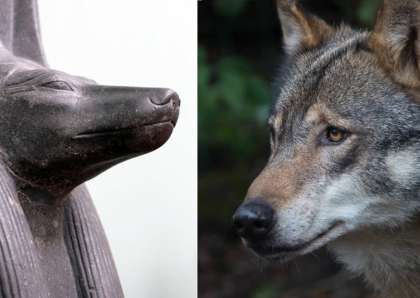
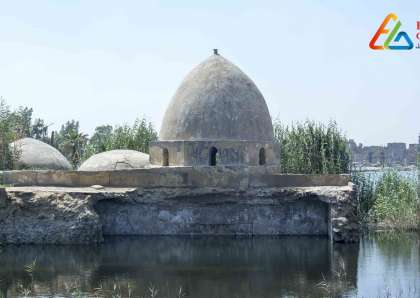
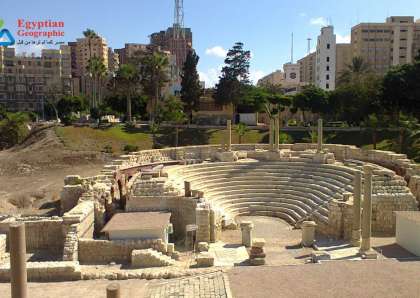
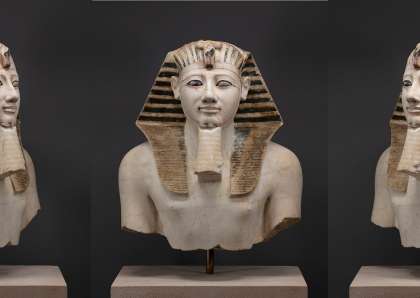
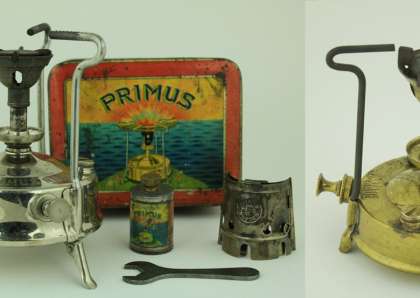
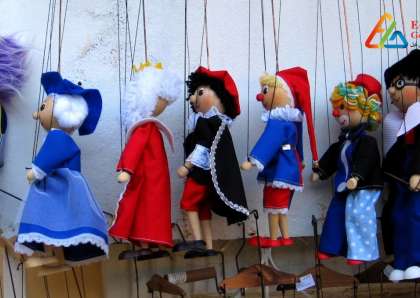
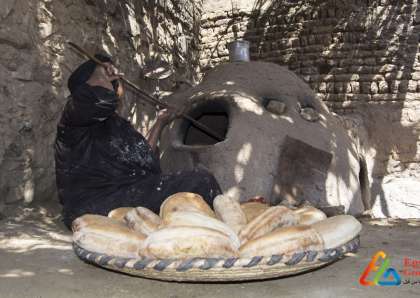
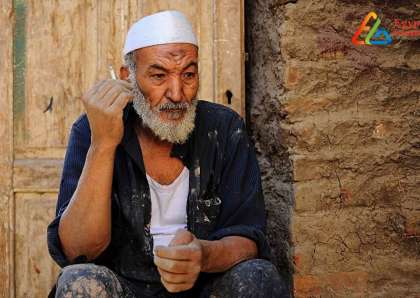





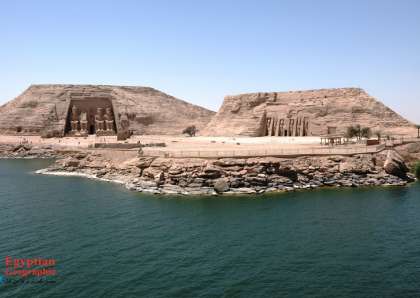
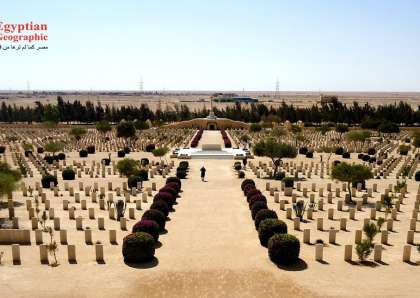
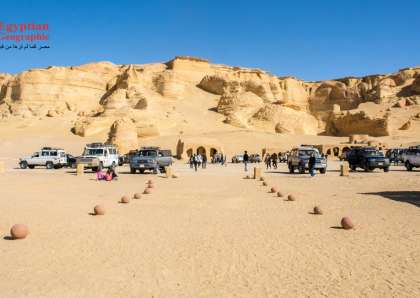
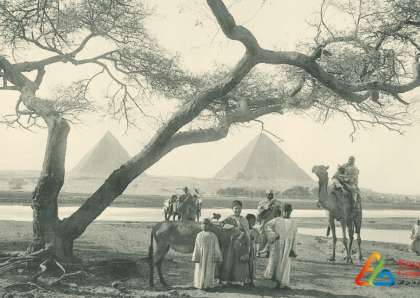
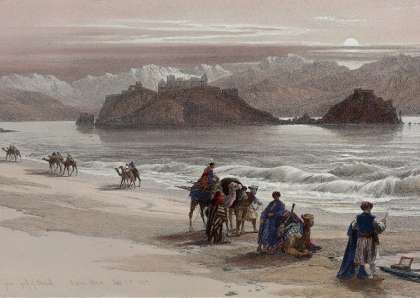


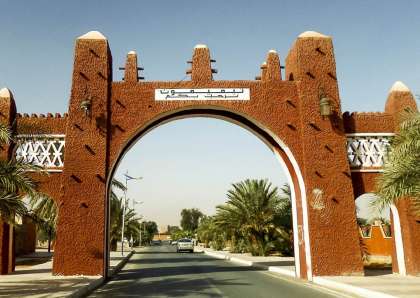




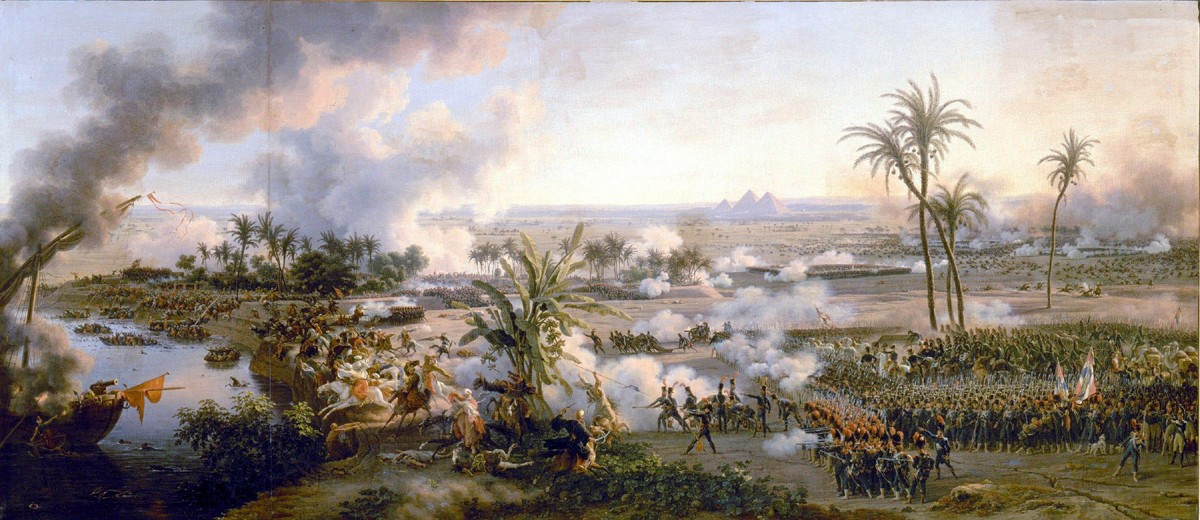





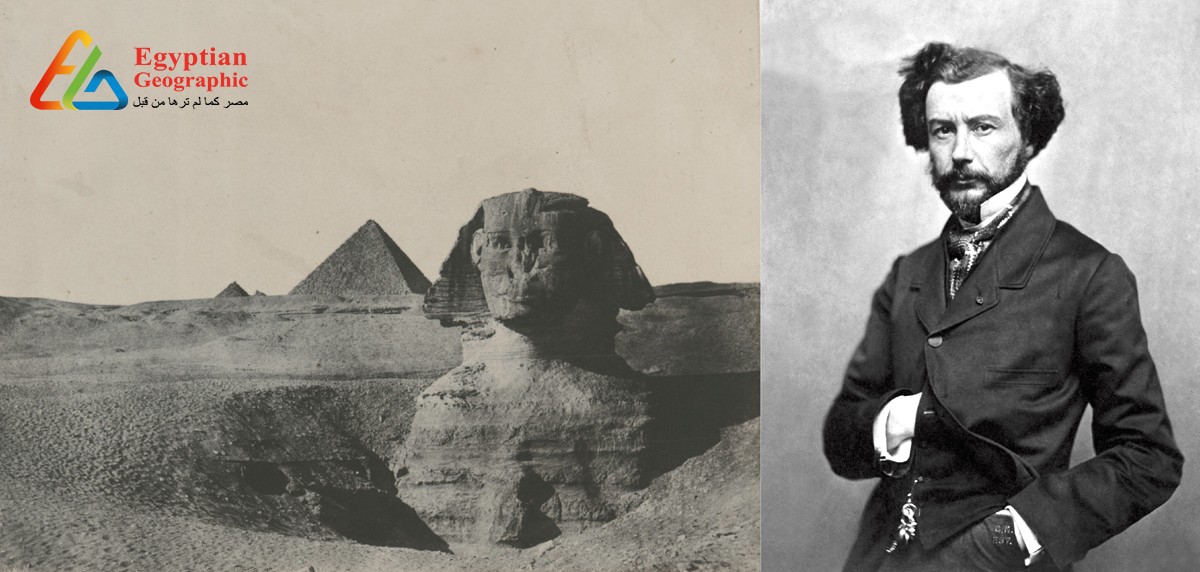
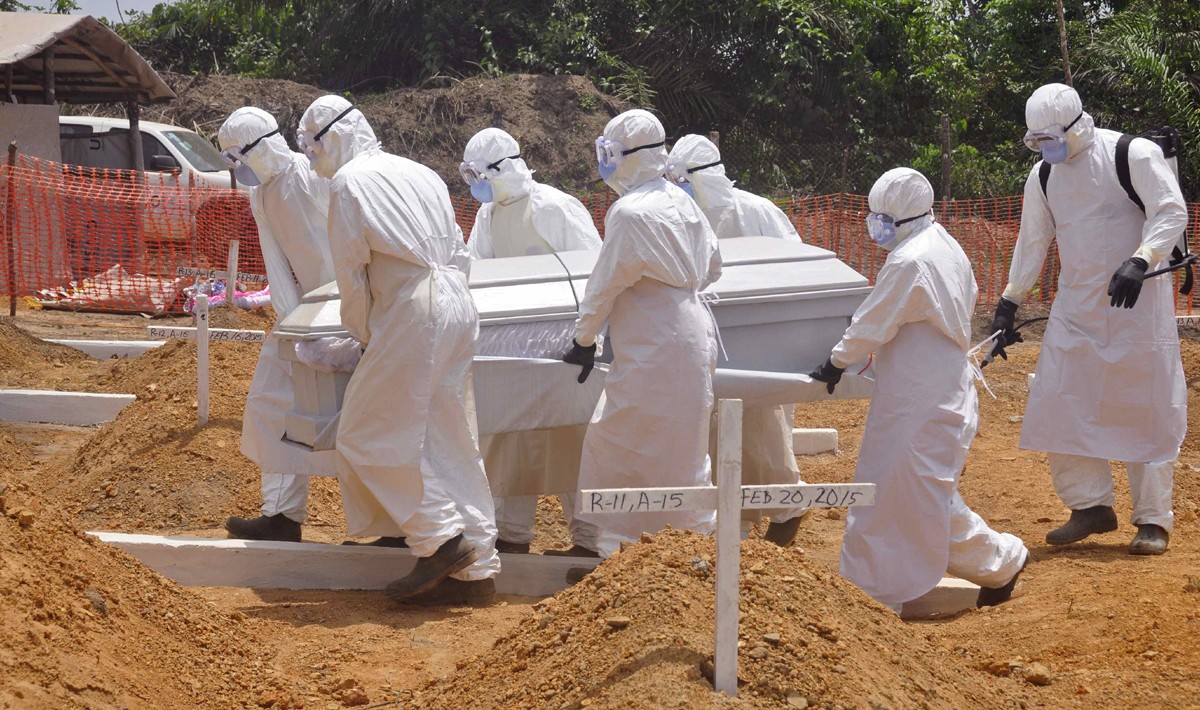
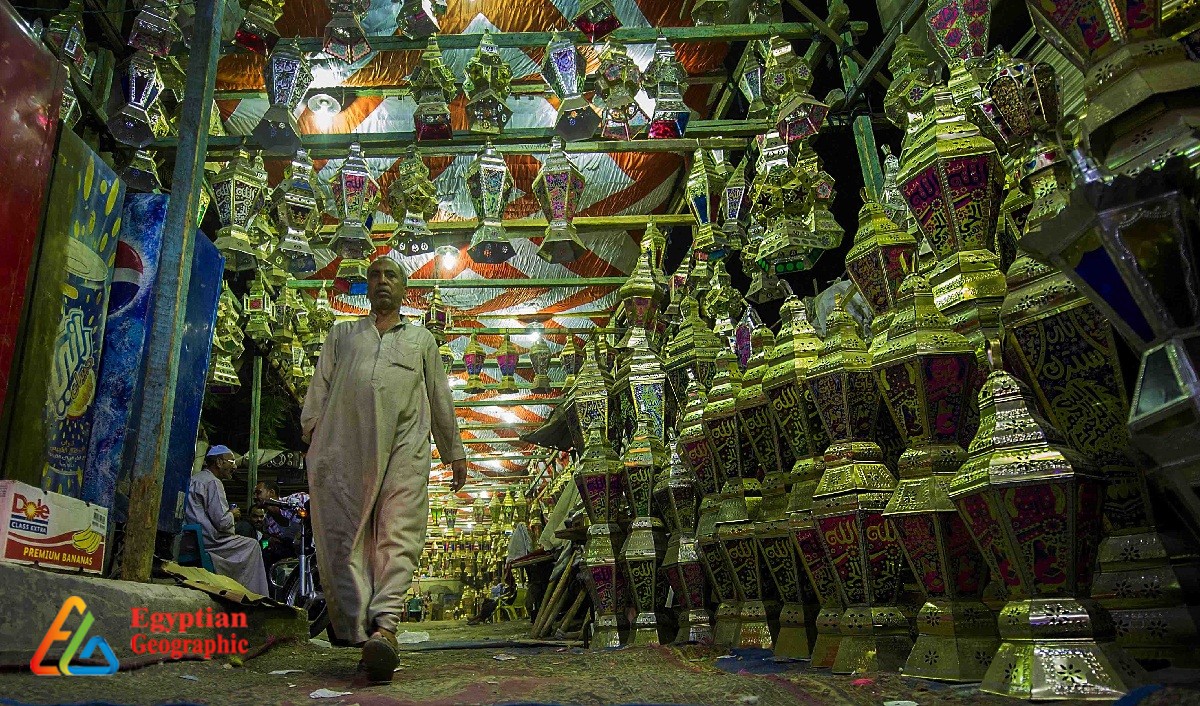


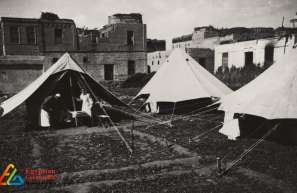
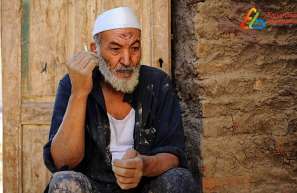


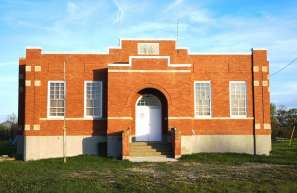


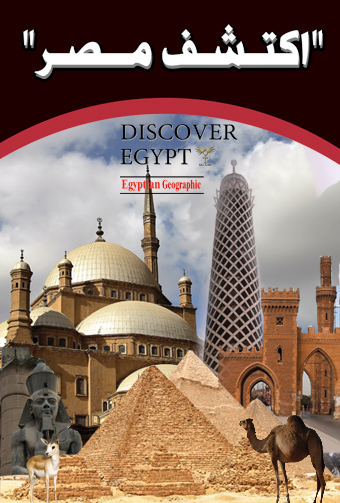
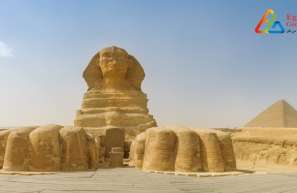


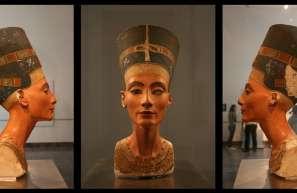
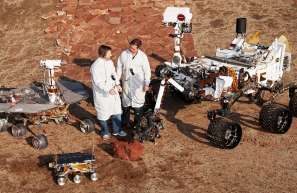

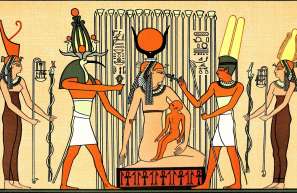
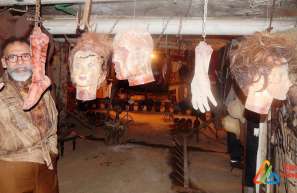

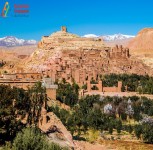




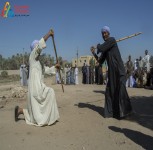
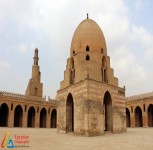

Egyptian Site & magazine